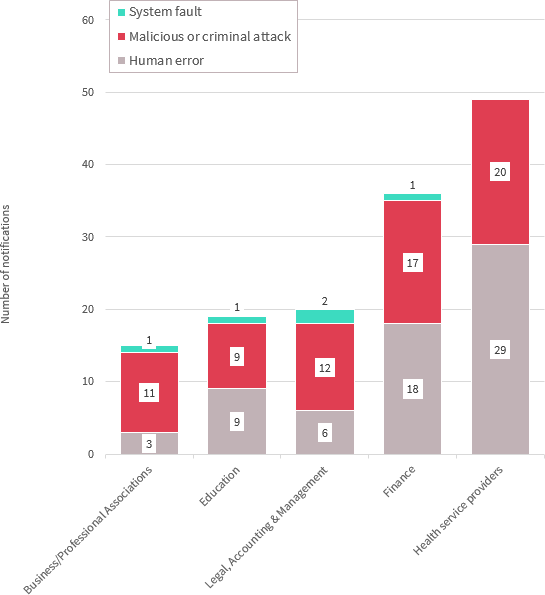A new proof of concept is a reminder that complex systems can be vulnerable at the most basic level.
Spectre is back, and this time in a variant that adds something truly new: remote access to cached data. The good news is that access comes at a snail’s pace.
In a research paper published last week, four researchers from Graz University of Technology detailed NetSpectre, “a generic remote Spectre variant 1 attack.”
“In theory, it’s a big deal, and they made it sound like a big deal” says Chris Morales, head of security analytics at Vectra. “It’s a proof of concept showing it’s feasible to leak information over the network, but it’s so slow it’s unusable.”
Just how slow is NetSpectre? In the original proof of concept, the researchers at Graz were able to exfiltrate 15 bits per hour using a “bit-leak gadget” that they developed for use over a network. They were able to push data transfer up to 60 bits per hour when they employed a “novel high-performance AVX-based covert channel.”
Obviously, no actor is going to attempt to steal a database of millions of credentials through an exploit with this performance. “These Spectre attacks are designed to extract data from memory, which would include user passwords and small bits of personal information,” Morales said. “This is a reconnaissance technique, not a data exfiltration technique.”
Major Actors
In a real-world scenario, the data transfer would likely be even slower than the proof of concept indicates. “If you’re a remote attacker, you’re talking three to six bits per hour, but it’s a really low number of bits you can extract in a day,” says Mounir Hahad, head of threat research at Juniper Networks. “And since you’re blind to the memory layout of the target machine, it’s going to take a long time.”
The nature of NetSpectre limits its real interest to a small handful of players, he adds. “This is beyond the capability of cybercrime. This is for well-funded state actors who can afford to have teams go out and find the economical applications of the technique,” Hahad explains.
In fact, Hahad predicts, “Five to 10 years from now, we’ll have a leak that says people have been using [Spectre vulnerabilities] for several years.”
Even so, both Morales and Hahad say that their researchers look at NetSpectre and see an interesting proof of concept that has little practical use. The reason is that other, simpler exploits are far more productive and economical. Spear-phishing, for example, remains the researchers’ weapon of choice when it comes to extracting user credentials from an organization. But NetSpectre is “low-level, close to the hardware, and very complex,” Hahad says. Spear-phishing is none of those.
Warnings And Precautions
According to Morales, NetSpectre includes one obvious spot for more development: “The bit-leak gadget is the key here,” he says. “I’m sure there’s going to be more work. The first step was proving that it was feasible.”
Hahad agrees, saying that more useful gadgets may be closer than we think. “The gadgets are out there, and the bad guys are going to find them,” he says.
In the meantime, organizations should perform the basic security steps necessary to protect their systems from all the Spectre variants. “Make sure the patches for Spectre are in place,” Morales says. “Next, evaluate whether you have any systems where the patch can’t be deployed.”
Other security professionals echo Morales’ advice. “By now, organizations should have already taken the necessary steps to reduce the risk of this vulnerability by patching susceptible systems, limiting network access, and protecting privileged access to critical systems that are still exploitable,” says Joseph Carson, chief security scientist at Thycotic.
As with many other exploits, a primary worry is systems that can’t be patched or updated because they’re part of embedded process control or dedicated application environments.
Intel- or ARM-based control systems that could remain unpatched do have one saving grace, according to experts: They’re not likely to be host to mountains of sensitive information. Still, NetSpectre, like the Spectres that have come before it, is a reminder that complex systems can be vulnerable at the most basic level, and that legions of researchers are out there eager to demonstrate just where those vulnerabilities lie.
Related Content:

Black Hat USA returns to Las Vegas with hands-on technical Trainings, cutting-edge Briefings, Arsenal open-source tool demonstrations, top-tier security solutions and service providers in the Business Hall. Click for information on the conference and to register.
Curtis Franklin Jr. is Senior Editor at Dark Reading. In this role he focuses on product and technology coverage for the publication. In addition he works on audio and video programming for Dark Reading and contributes to activities at Interop ITX, Black Hat, INsecurity, and … View Full Bio
Article source: https://www.darkreading.com/attacks-breaches/new-spectre-variant-hits-the-network/d/d-id/1332431?_mc=rss_x_drr_edt_aud_dr_x_x-rss-simple











